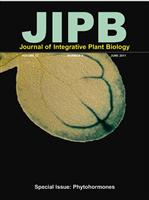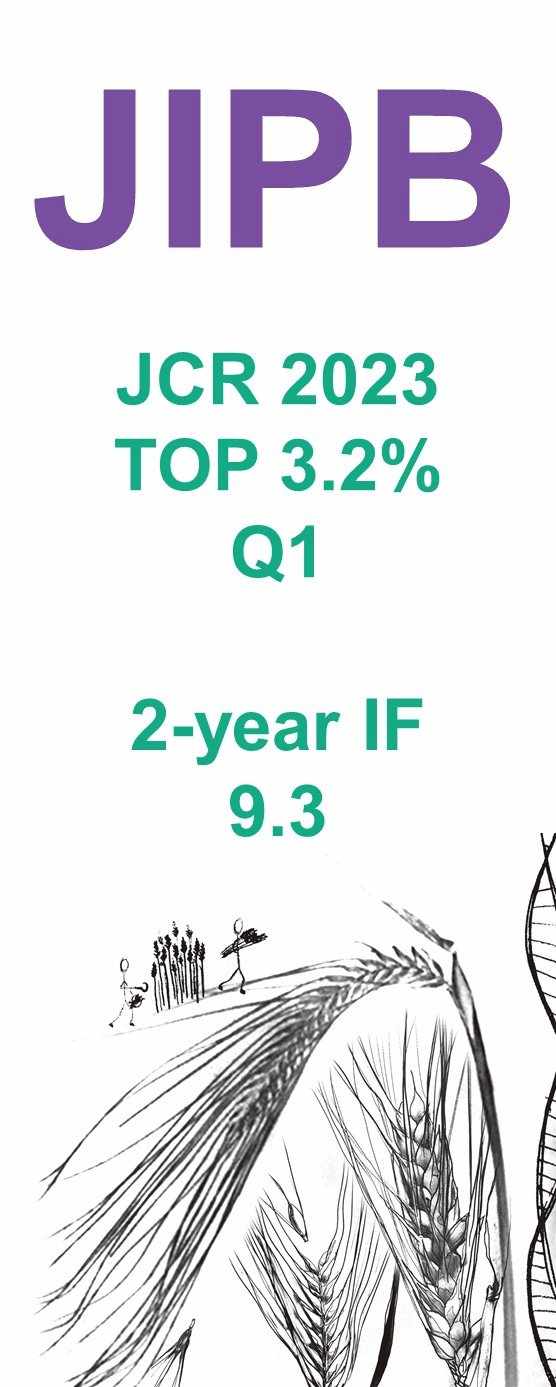Author: Yanxia Zhang, Renhong Wu, Genji Qin, Zhangliang Chen, Hongya Gu, and Li-Jia Qu
In plants, the meristem has to maintain a separate population of pluripotent cells that serve two main tasks, i.e., self-maintenance and organ initiation, which are separated spatially in meristem. Prior to our study, WUS and WUS-like WOX genes had been reported as essential for the development of the SAM. In this study, the consequences of gain of WOX1 function are described. Here we report the identification of an Arabidopsis gain-of-function mutant wox1-D, in which the expression level of the WOX1 (WUSCHEL HOMEOBOX 1) was elevated and subtle defects in meristem development were observed. The wox1-D mutant phenotype is dwarfed and slightly bushy, with a smaller shoot apex. The wox1-D mutant also produced small and dark green leaves, and exhibited a failure in anther dehiscence and male sterility. Molecular evidences showed that the transcription of the stem cell marker gene CLV3 was down-regulated in the meristem of wox1-D but accumulated in the other regions, i.e., in the root-hypocotyl junction and at the sites for lateral root initiation. The fact that the organ size and cell size in leaves of wox1-D are smaller than those in wild type suggests that cell expansion is possibly affected in order to have partially retarded the development of lateral organs, possibly through alteration of CLV3 expression pattern in the meristem. An S-adenosylmethionine decarboxylase (SAMDC) protein, SAMDC1, was found able to interact with WOX1 by yeast two-hybrid and pull-down assays in vitro. HPLC analysis revealed a significant reduction of polyamine content in wox1-D. Our results suggest that WOX1 plays an important role in meristem development in Arabidopsis, possibly via regulation of SAMDC activity and polyamine homeostasis, and/or by regulating CLV3 expression.
Zhang Y, Wu R, Qin G, Chen Z, Gu H, Qu LJ (2011) Over-expression of WOX1 leads to defects in meristem development and polyamine homeostasis in Arabidopsis. J. Integr. Plant Biol. 53(6), 493–506.




 Scan the QR code to view JIPB on WeChat
Scan the QR code to view JIPB on WeChat













